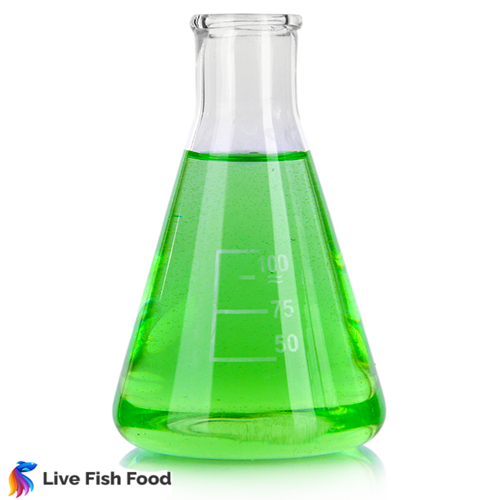Phytoplankton are microscopic organisms that float in the upper layers of the world’s oceans, lakes, and rivers. They are the primary producers of organic matter in aquatic environments and form the base of the food chain for many marine and freshwater ecosystems. One of the most important types of phytoplankton is the group known as diatoms, which are a type of algae that have a unique cell structure and are responsible for producing around 20% of the Earth’s oxygen.
Phytoplankton play a crucial role in regulating the Earth’s climate by absorbing carbon dioxide from the atmosphere and converting it into organic matter through photosynthesis. This process not only helps to mitigate the effects of climate change, but it also supports the growth of other organisms in the food web, such as zooplankton, fish, and marine mammals.
Phytoplankton, on the other hand, are a specific type of phytoplankton that are characterized by their ability to perform photosynthesis using only the light that penetrates the water’s surface. This means that they can survive and grow in extremely low-light conditions, such as deep in the ocean or in shaded areas of lakes and rivers.
One of the most interesting features of Phytoplankton is their diversity. There are many different species of Phytoplankton, each with its own unique adaptations and ecological niches. For example, some species are able to fix nitrogen from the atmosphere, which allows them to survive in nutrient-poor environments. Others are able to form symbiotic relationships with other organisms, such as coral reefs or sea anemones.
Despite their small size, Phytoplankton play a crucial role in the global ecosystem. They are not only responsible for producing a significant portion of the world’s oxygen, but they also play a critical role in the carbon cycle. As the primary producers in aquatic environments, they are able to sequester carbon dioxide from the atmosphere and store it in the form of organic matter. This helps to mitigate the effects of climate change and also supports the growth of other organisms in the food web.
However, Phytoplankton are not immune to the effects of climate change. As ocean temperatures continue to rise, many species of Phytoplankton are being forced to migrate to cooler waters. This can have a ripple effect throughout the food chain, as other organisms that rely on Phytoplanktonfor food may also be impacted. Additionally, changes in ocean acidity and nutrient levels can also affect the growth and survival of Phytoplankton.
In conclusion, Phytoplankton are a fascinating group of microscopic organisms that play a critical role in the global ecosystem. Their ability to survive and thrive in low-light conditions makes them an important source of primary production in aquatic environments, and their role in regulating the Earth’s climate cannot be overstated. However, as the impacts of climate change continue to be felt, it is more important than ever to understand and protect these vital organisms
Phytoplankton starter cultures are available for sale from or online store. Click here for more information.



